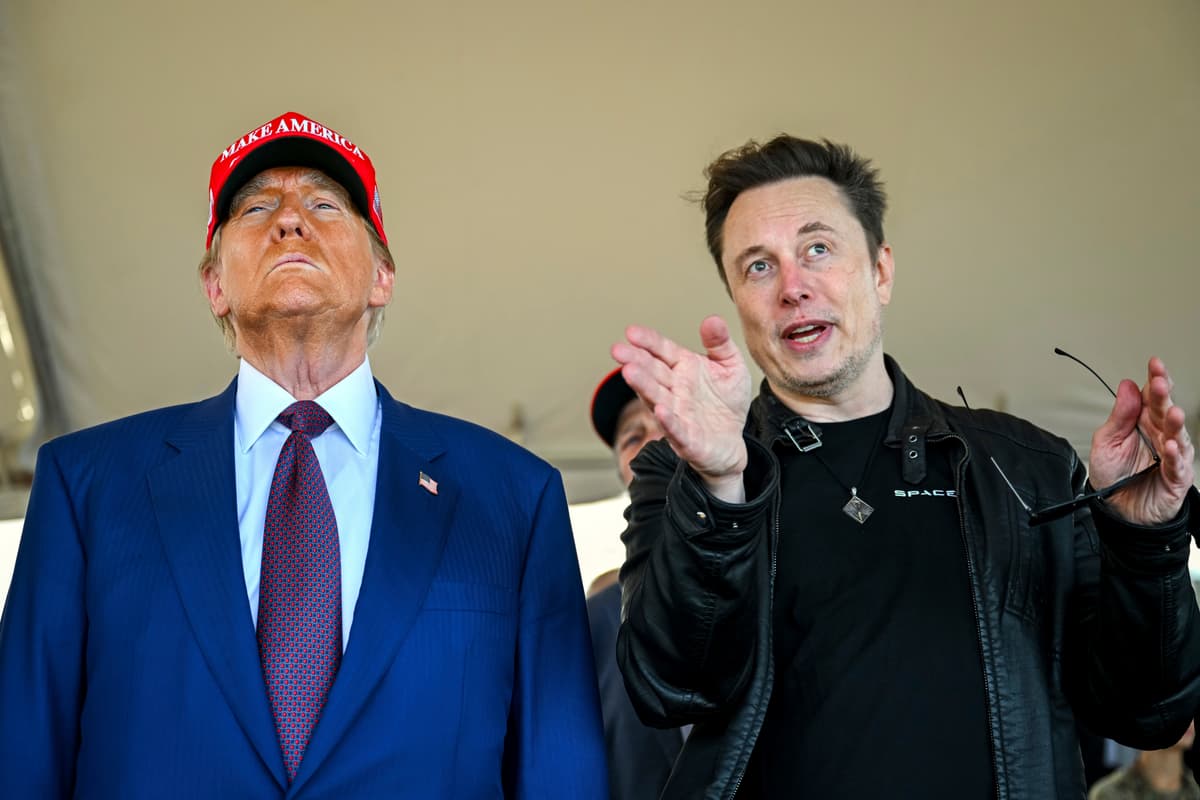Elon Musk, in Nudging Germany To Vote for the Far Right, Could Actually Sway the Country Left
Wading into American politics is apparently not enough for the world’s wealthiest individual, but Germans are less than amused.

Maybe Elon Musk should have spent more time in Mykonos? The world’s wealthiest man might have learned something useful about European politics — inveigh against what you will in a bar or at a beach, but unless you are a European citizen, sometimes it is best to not wade in too deeply. Consider the commotion over Mr. Musk’s suggestion that Germany’s best hope is its rightist party, Alternative for Germany party, or AfD.
Please check your email.
A verification code has been sent to
Didn't get a code? Click to resend.
To continue reading, please select:
Enter your email to read for FREE
Get 1 FREE article
Join the Sun for a PENNY A DAY
$0.01/day for 60 days
Cancel anytime
100% ad free experience
Unlimited article and commenting access
Full annual dues ($120) billed after 60 days

